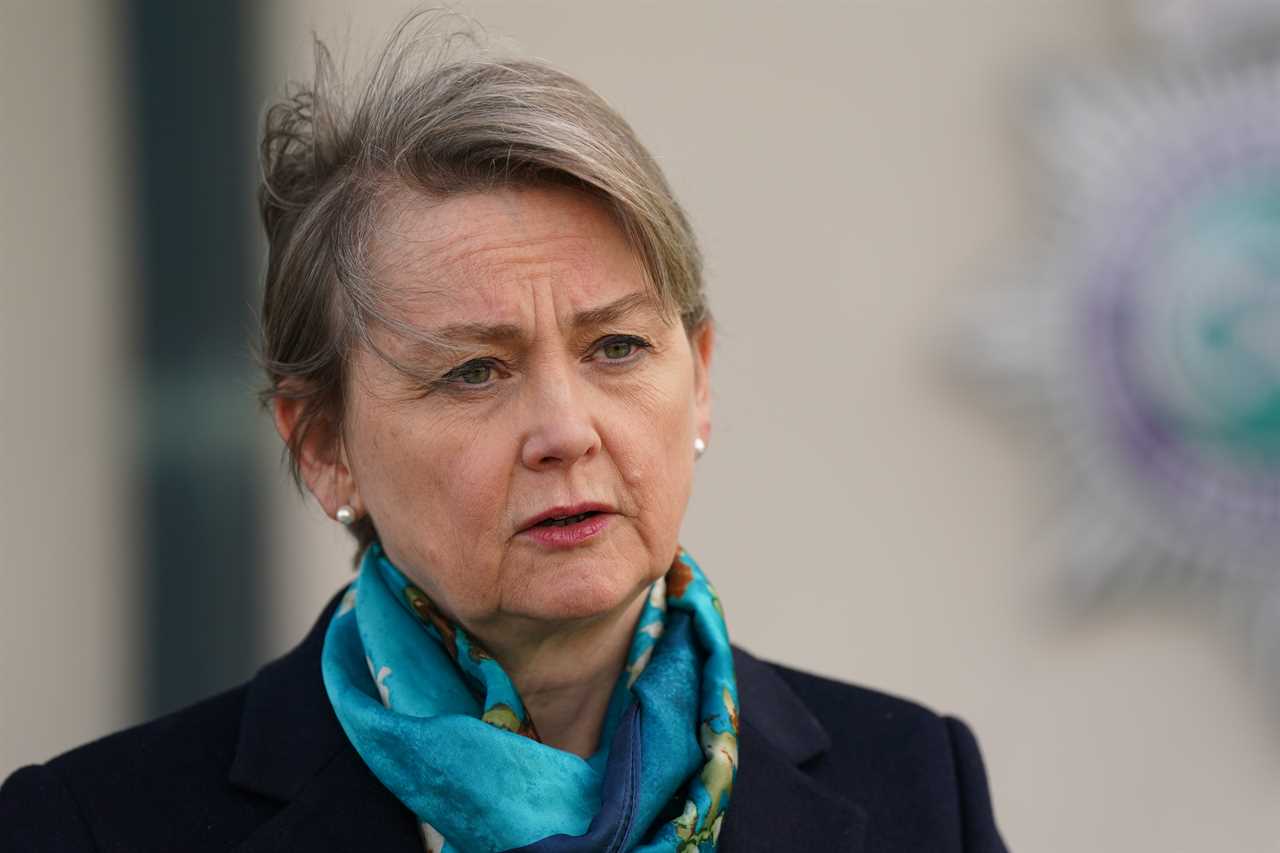
Amid escalating expenditures on migrant accommodations, a strategic move by Chancellor Rachel Reeves may expedite cost reductions within the Home Office, offering Home Secretary Yvette Cooper a compelling financial incentive.
The wider context: Ballooning Costs and Political Pressures
Asylum spend in the UK has surged to a staggering £4 billion annually, predominantly attributed to housing migrants arriving via small boats or lorries, prompting urgent calls for fiscal prudence. Against this backdrop, Reeves' proposal emerges as a pivotal lever to drive efficiency while navigating complex political landscapes.
Chancellor's Calculated Strategy and Home Secretary's Advocacy
Reports suggest that Reeves is poised to grant Cooper a greater share of the savings generated from curbing asylum costs, contingent on swift and substantial reductions. This financial manoeuvre, while unconventional, underscores a novel approach to incentivising cost-saving measures within the Home Office, potentially heralding a paradigm shift in expenditure management.
Labour's Dilemma: Fiscal Responsibility versus Operational Demands
Labour, amidst mounting pressures to rein in escalating migrant housing expenses, faces a delicate balancing act as Channel crossings soar to unprecedented levels. With demands for increased funding in frontline policing and security apparatus intensifying, the party grapples with reconciling fiscal prudence with operational imperatives, underscoring the intricate challenges of governance in a tumultuous landscape.

Quoting a source close to the negotiations, "Reeves' proposal not only underscores a pragmatic approach to fiscal management but also highlights the nuanced interplay between financial incentives and operational outcomes within the Home Office."
Structural Inequities and Budgetary Strains
The exponential rise in taxpayer spending on migrant accommodations, now estimated at £15.3 billion over a decade by the National Audit Office, unveils systemic disparities and budgetary strains that necessitate comprehensive reform. Against this backdrop, Reeves' incentivisation strategy emerges as a potential catalyst for recalibrating expenditure priorities and fostering greater financial accountability.
Reflecting on the broader implications, "The evolving dynamics of asylum spend underscore the imperative for a holistic reassessment of budgetary allocations and operational efficiencies within the Home Office," remarked a policy expert familiar with the intricacies of migration governance.
As Reeves navigates complex negotiations and budgetary constraints, her innovative approach to incentivising cost-cutting measures within the Home Office illuminates the intersection of financial prudence, operational exigencies, and political imperatives shaping the contours of contemporary governance.
Did you miss our previous article...
https://trendinginthenews.com/uk-politics/the-intellectual-saga-unpacking-the-trump-vs-musk-clash






